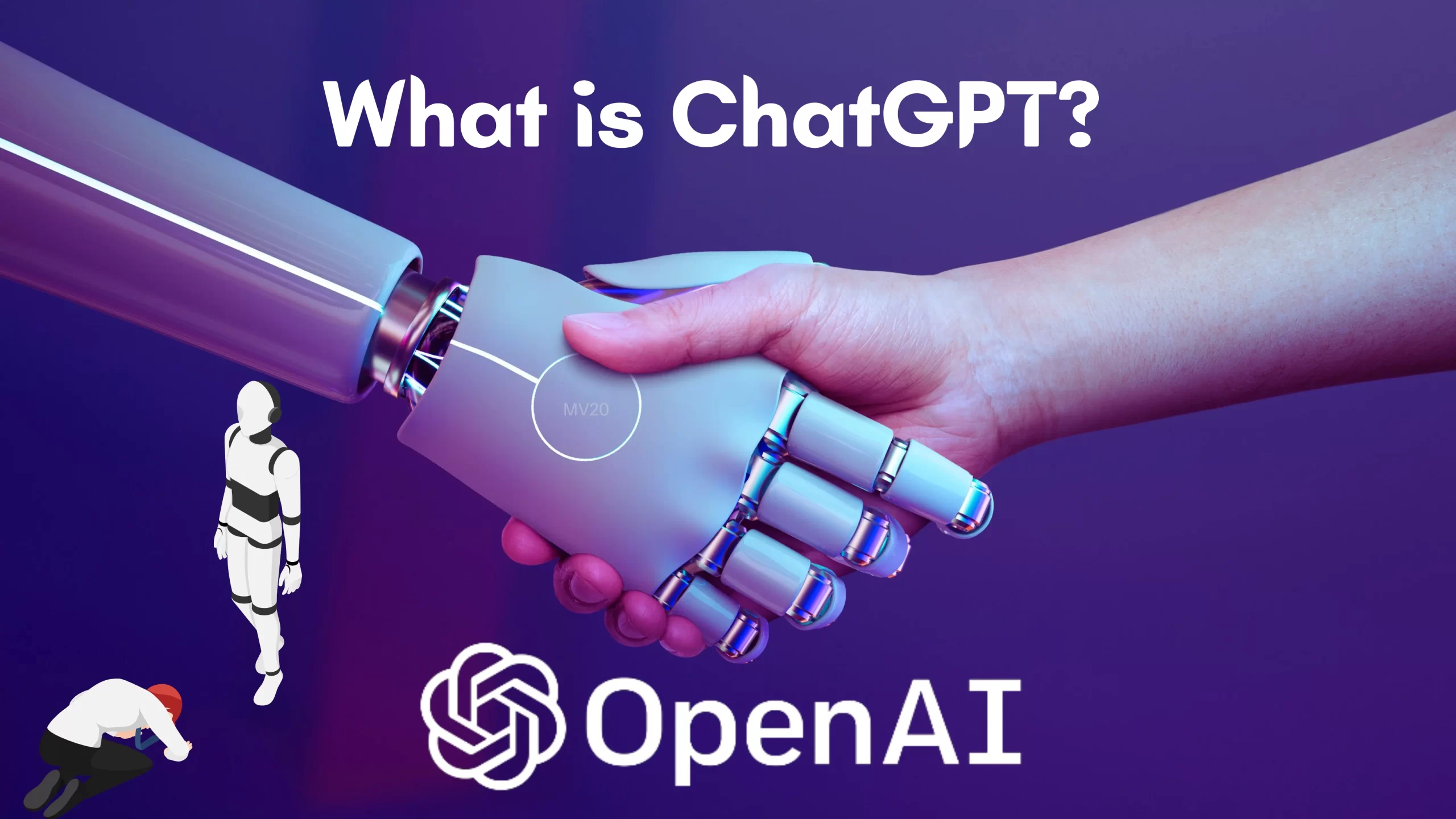|
Getting your Trinity Audio player ready...
|
OpenAI ChatGPT is coming to Slack – Salesforce has announced a new partnership with OpenAI, one of the leading artificial intelligence companies, to launch a ChatGPT app for its workplace messaging platform, Slack.
This new tool will use the AI chatbot to help deliver real-time conversation summaries, research tools, and writing assistance directly in Slack. The tool will be incredibly useful for workers who want to increase their productivity and collaborate more efficiently with colleagues.
The app is still in beta testing, but companies can join the waitlist by filling out a form on the OpenAI website. This is just one of the latest examples of how AI chatbots are finding their way into more services. OpenAI recently opened up access to the tool to third-party businesses. Early partners experimenting with adding ChatGPT include Instacart, Snap, and the tutor app Quizlet.
OpenAI has been a great Slack customer, and we’re even more excited for them to be an amazing Slack partner. The ChatGPT app for Slack deeply integrates the power of OpenAI’s cutting edge large language models into Slack’s conversational interface. There couldn’t be a more natural fit.
NOAH DESAI WEISS, CHIEF PRODUCT OFFICER, SLACK
This will give customers new superpowers by helping them tap the collective knowledge of their organization’s channel archives. We’re excited to partner with OpenAI to bring more generative AI powers directly into Slack to deliver productivity efficiencies for everyone.

OpenAI publicly released ChatGPT in late November, and it has since received significant attention from users for its ability to generate original essays, stories, and song lyrics in response to user prompts. The impressive ability of the tool has renewed the arms race among tech companies to develop and deploy similar AI tools in their products.
Microsoft recently unveiled an AI-powered revamp of Bing-powered by technology from OpenAI. Later this month, Microsoft is set to hold another event to discuss how AI could help with “reinventing productivity” and “the future of work.”
The integration of ChatGPT into Slack is a significant real-world test not only for whether ChatGPT can be entertaining but also for whether it can live up to the promise of making people more productive.
However, it also raises questions about the risks associated with professionals relying on AI chatbot tools in a workplace setting. Despite these concerns, Noah Desai Weiss, Slack’s chief product officer, expressed confidence in the app, stating that there “couldn’t be a more natural fit.”
In conclusion, the ChatGPT app is an excellent addition to Slack, offering workers more tools to increase their productivity and help them communicate more effectively with colleagues. As AI chatbots continue to become more prevalent in the workplace, it will be interesting to see how companies adapt to the changing landscape and leverage these tools to achieve their business goals.



![OpenAI ChatGPT is coming to Slack Lidiane Jones CEO of Slack [Photo: courtesy of Slack]](https://techgenez.com/wp-content/uploads/2023/03/Lidiane-Jones-CEO-of-Slack.jpeg)